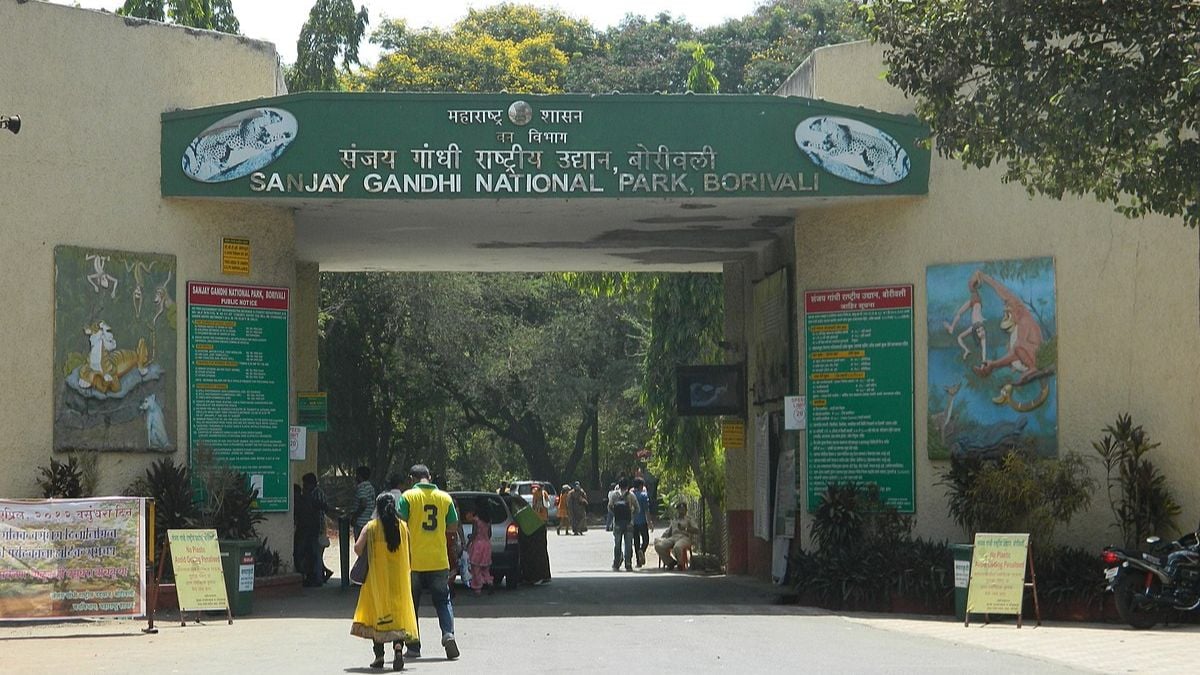Mumbai: The Bombay High Court on Thursday asked the State government to be alive to the situation of encroachment inside the Sanjay Gandhi National Park (SGNP) and expressed displeasure over failure to address the situation despite a 1997 order directing the removal of such settlements.
A division bench of Chief Justice DK Upadhyay and Justice Amit Borkar was hearing a plea filed by Samyak Janhit Seva Sanstha, a society of slum dwellers seeking rehabilitation as per previous HC orders. Also, a contempt petition was filed by the NGO Conservation Action Trust highlighting the government’s failure to comply with the 1997 order.
“We want the city to be at least livable. You are doing harm to yourself. Think of the situation where those two lakes (inside SGNP)… where the entire water evaporates. And with this kind of encroachment, all the water will go. Where will you get water to drink? How can you be apathetic to such a situation? So insensitive,” the court remarked.
The court noted that despite multiple committee formations, little progress had been made in implementing the 1997 order.
State Advocate General Birendra Saraf informed the court that steps were being taken to address the issue. He added that the State would be declaring the Maharashtra Housing and Area Development Authority (MHADA) as a special planning authority for constructing tenements for encroachers, and the process for transferring 90 acres of land at Marol Maroshi to MHADA was underway.
However, NGO’s counsel Janak Dwarkadas argued that the land fell within an eco-sensitive zone. He pointed to a 2016 notification under the Environment Protection Act, which mandates development in such zones must comply with a zonal master plan. He submitted that the government has extended the deadline for rehabilitation of encroachers from 1995 to 2000 to 2011. “Those who were rehabilitated from the 1995 deadline have returned to the park and now require rehabilitation again,” Dwarkadas said.
The bench questioned the government’s will to act, remarking, “Your government can’t be alive to this situation? If the government can’t act on this, what could be more concerning?”
Dwarkadas also highlighted that the government had failed to build a wall or wire fence to prevent further encroachments, despite proposing to construct a foundation for the wall until rehabilitation is complete.
The court directed the government to submit an affidavit by a high-ranking official, outlining how the 90 acres of land would be utilized while adhering to the eco-sensitive zone notification. The affidavit must also address the NGO’s objections to the proposed development.
The court further ordered the government to detail a timeline for the completion of rehabilitation and submit a roadmap for implementation. “File the affidavit with minutes of the last meeting,” the court directed. The HC has kept the matter for hearing on January 14.
